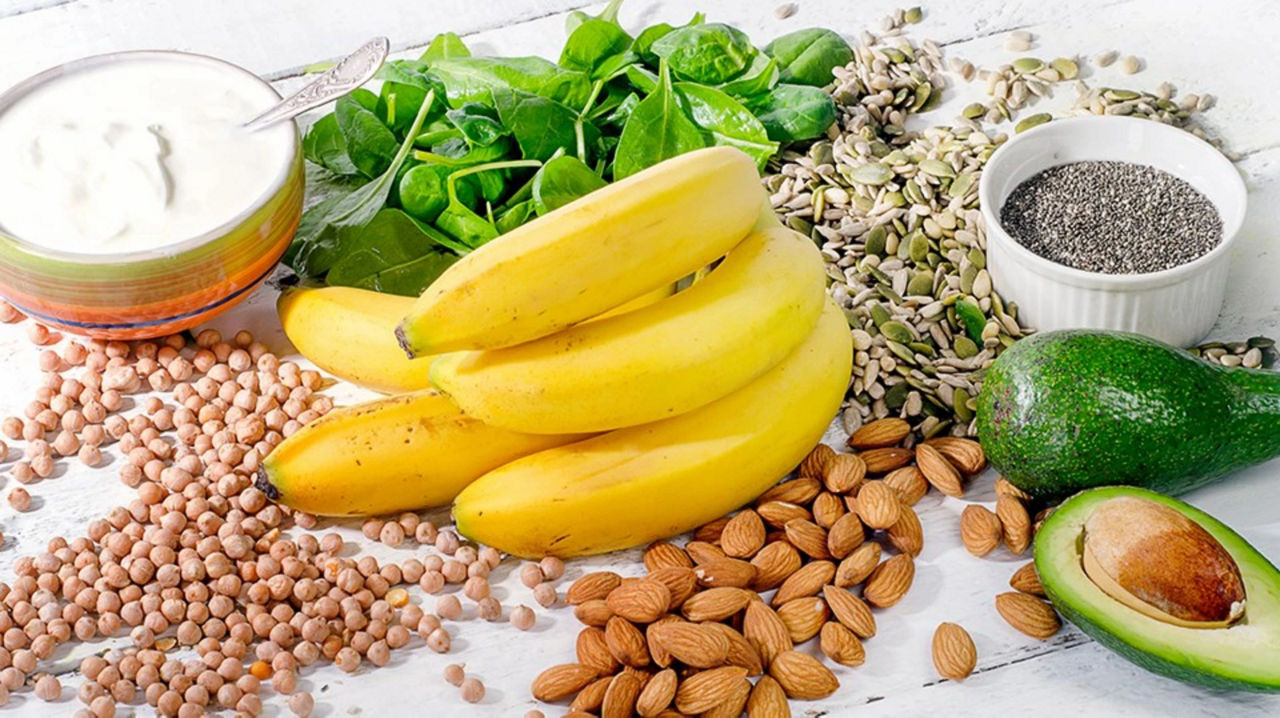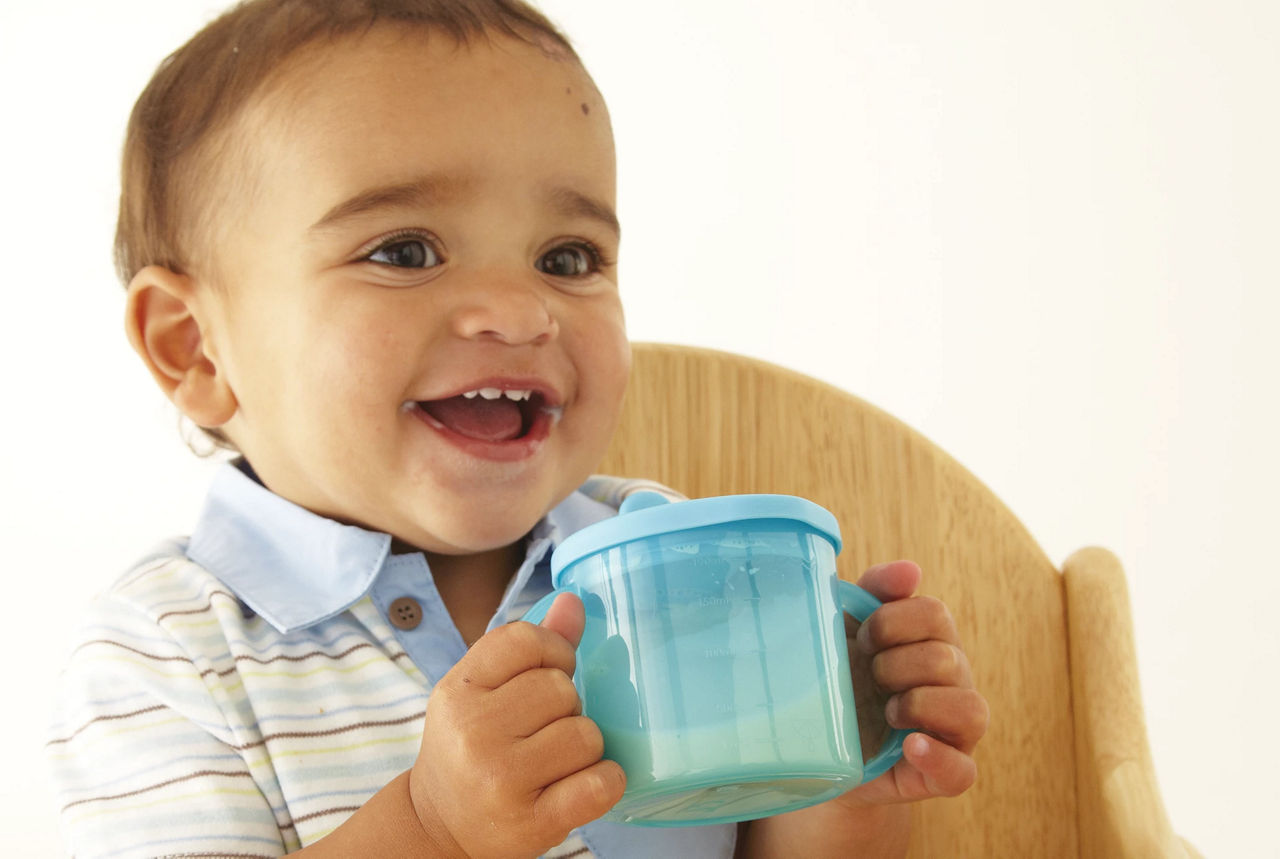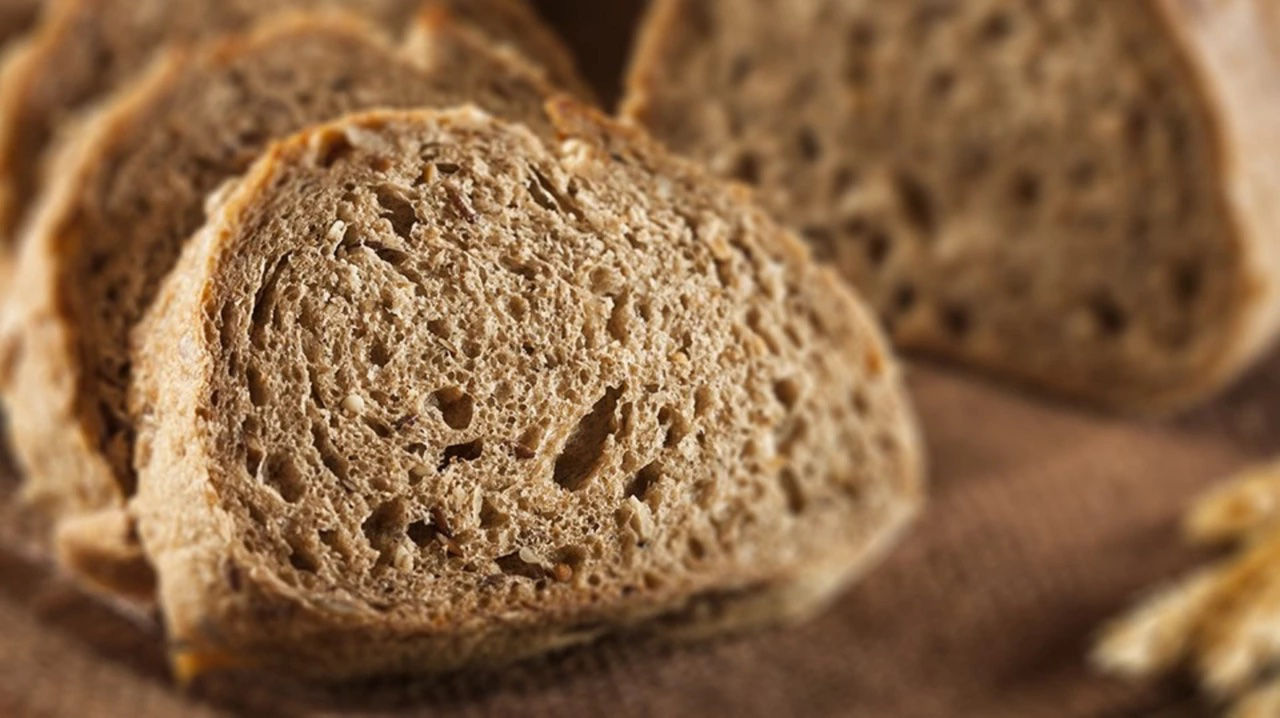Vitamin D for toddlers

HELLO SUNSHINE
The essential nutrient that's hard to come by
Vitamin D is essential for your toddler’s normal bone development and has other important functions in the body, such as supporting immune function. Generated by the body in response to sunlight, it is also available from a limited number of foods. However, it can be a challenge to get enough through diet and sunshine alone. Discover why supplementation is recommended, and what the risks are of not getting enough.
Vitamin D: The sunshine vitamin
Vitamin D is generated by the body when UVB rays shine on the skin. It is also found in in a small number of foods. Because the most efficient natural source of vitamin D is sunlight, it is sometimes known as the sunshine vitamin.
As a fat-soluble vitamin, it is stored in fat tissue for later use if the intake exceeds the amount the body needs.
An essential ingredient for growing bones
Your toddler’s absorption of calcium and phosphorous depend on sufficient levels of vitamin D. This makes it essential for normal bone development and healthy teeth.
With your toddler’s bones growing and strengthening at a rapid rate, a steady, adequate supply of vitamin D is vital for optimal development during this stage.
Vitamin D also helps to maintain normal levels of calcium within the blood, while playing a part in immune function, growth and the ability to fight infection.
Why many toddlers aren’t getting enough vitamin D
The latitude of the UK means that we only get sufficient levels of the UVB rays required to generate vitamin D between April and September. Sunshine hours within that time are patchy, and many parents wisely use sunscreen to protect toddlers’ skin during the stronger, more effective sunlight hours. Unfortunately, this restricts the levels of sun-generated vitamin D further.
Another barrier to sun-generated vitamin D is skin pigmentation. Children with darker skin, especially those of Asian, African and Middle Eastern origin are more likely to have lower levels of vitamin D. This is because skin with more pigment requires more time in the sun to generate vitamin D than fairer skin.
Food sources help to increase vitamin D intake, but they don’t contain enough for an adequate supply.
There are a few food sources of vitamin D, such as oily fish, egg yolk, red meat and fortified foods (such as breakfast cereals and spreads). However, due to the potential low levels of pollutants found in oily fish like salmon, sardines and mackerel, it’s recommended that toddlers have no more than two servings per week. Some breakfast cereals are fortified with vitamin D, but these may provide just one quarter of recommended intakes in an average (30g) bowl.

The Department of Health advises supplementing your toddler’s diet with vitamin D to ensure they get enough
Supplement to be safe
Due to the challenges involved in getting vitamin D, the Department of Health advises supplementing your toddler’s diet with enough to meet their daily needs. They recommend:
- If your toddler is aged 1-4 years, give them a daily vitamin D supplement of 10mcg
- If your child is over 4 years old, give them a daily vitamin D supplement of 10mcg in the autumn and winter months at the least
The recommended intake of vitamin D for toddlers aged 1-4 years old is 10mcg per day
Understanding vitamin D deficiency in children
Insufficient intake of vitamin D can lead to a deficiency, which can increase your toddler’s risk of serious health issues, specifically:
- Rickets – significantly low levels of vitamin D for a prolonged period can result in soft, poorly-formed bones
- Other conditions – vitamin D deficiency has been associated with increased risks of conditions including type 1 and type 2 diabetes, allergies, asthma and cardiovascular disease
You can reduce the risk of your toddler developing future health complications related to vitamin D deficiency by ensuring they get sufficient amounts during toddlerhood and childhood.
Next steps
Boost your toddler’s food intake of vitamin D with the following small meals and snacks:
- Sardines on toast triangles
- Salmon and sweetcorn mayonnaise on a jacket potato
- Scrambled eggs
- Fortified breakfast cereal as breakfast or snacks
Related articles

Need some help?
You can get quick answers to common questions in our FAQs.
Alternatively, if you need help with general pregnancy or baby advice, or maybe on using or ordering our products - our expert team are always on hand to talk about feeding your baby.
1. NHS. Vitamin D [Online]. 2021. Available at: https://www.nhs.uk/conditions/vitamins-and-minerals/vitamin-d/ [Accessed April 2021]
Last reviewed: 21st April 2021
Reviewed by the Med affairs



